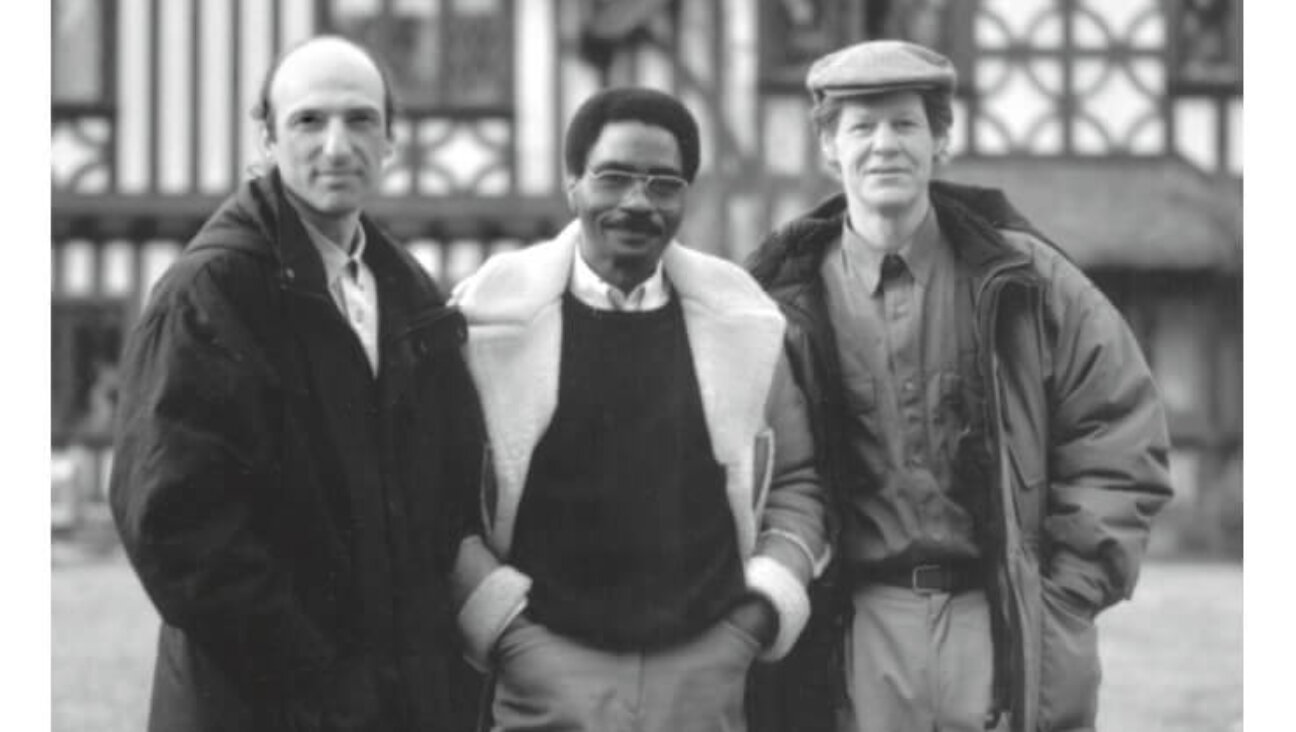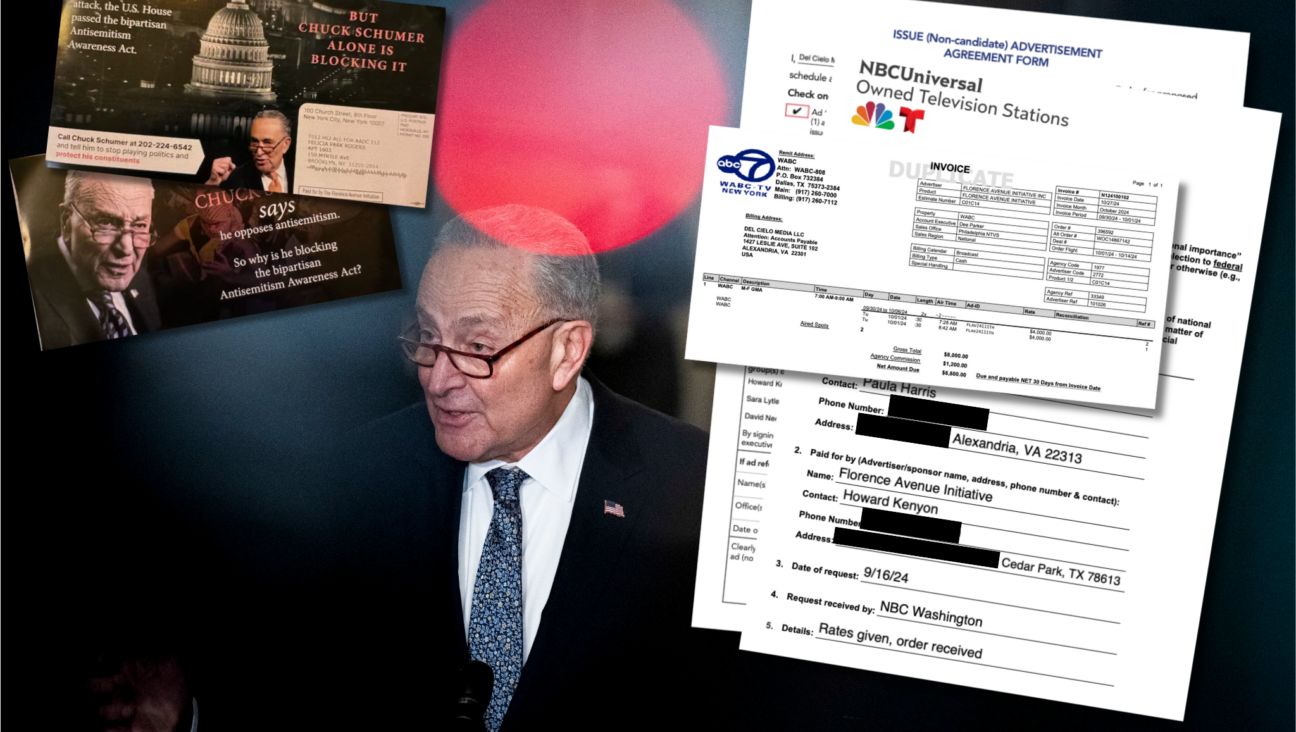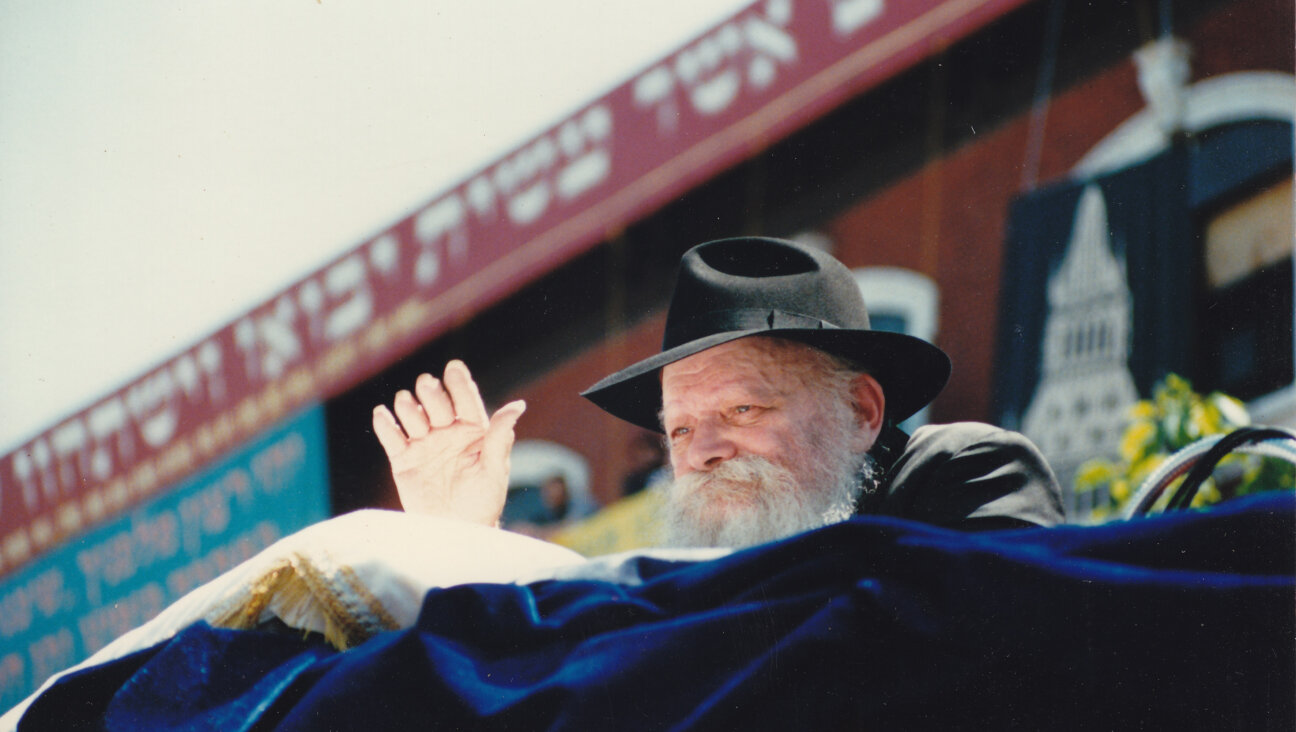Orthodox Institute Launches New Teacher Program
The Jerusalem-based Shalom Hartman Institute is gearing up to challenge the common understanding of the term “rabbi.”
Over the centuries, “rabbi” has come to denote a person qualified to make judgments in Jewish law. But the original connotation was meant to describe a teacher.
This fall, the Orthodox-run but pluralistic institute will launch a program that gives ordination based on a candidate’s ability to teach, not on his authority to rule on Halacha. It will be a qualification demonstrating that the holder is well versed in Jewish texts, ethics and philosophy.
The declared aim of the program is to provide better Jewish studies teachers for American Jewish schools, and to give the teachers status as rabbis by harnessing the authority that goes along with the title.
“Jewish high schools need rabbinic figures who have been specifically prepared to work as leaders in schools rather than for the congregational pulpit,” said the institute’s co-director, Donniel Hartman, in a statement on the institute’s Web site.
It is not only in its redefinition of “rabbi” that the program, simply called Rabbi-Educator, will break new ground, but also in establishing who can become a rabbi: Its ordination, bestowed by Orthodox rabbis, will be offered to both men and women.
Co-director Hartman’s logic is, given that the ordination implies ability to teach and not to rule on Jewish law, there is no reason to exclude women.
The intention is that graduates of the program use their ordination in educational contexts only and do not apply for pulpit positions, though they will not be asked to sign any documentation promising this.
The Rabbi-Educator program is part of an ongoing bid by the institute to raise the bar for Jewish studies teachers in America. A particular focus of its efforts, and the idea behind this newest program, is to fill a relatively new gap in the market — namely, to get teachers for the nondenominational “community” schools that are springing up across the United States.
The institute’s most significant existing program in this area is Melamdim (Hebrew for “teachers”), a two-year course that, with funding from the San Francisco-based Jim Joseph Foundation, provides American college graduates with free teacher training on a condition: The graduates must agree that on completion of the training, they will return to the United States to teach Jewish studies for at least three years. The program accepts about eight students a year. Rabbi-Educator will be an extended version of this program. Students will complete the two-year Melamdim course and then study for an extra two years to receive ordination.
As courses in Jewish studies teaching go, Melamdim is unusual because it gives an equally hard push to studies on knowledge and on pedagogy. It is run in association with Tel Aviv University, where students spend two days a week working on a master’s degree in Jewish thought. The other three days are devoted to Torah study and pedagogy, with special coaching on how to provide instruction on rabbinic and biblical texts.
Another unique aspect of the program is the large amount of time spent grappling with how to teach in a classroom where children come from different religious backgrounds. “Whatever the teacher’s religious perspective is, there is an emphasis on them nurturing all the various religious perspectives that may be in their classroom,” said Phil Field, director of the institute’s educator training division for North Americans.
Teachers are confronted with very real problems, such as how to teach about areas of Judaism that some students in their class will view as religious obligation but others will see as nonbinding. “Talking about Shabbat, for example, they would learn to teach by saying that this is how an Orthodox person observes, while also discussing other views of how Shabbat is observed, and fleshing this out by looking at Conservative rabbinic response material,” Field said.
According to second-year student Jacob Merlin, a 24-year-old from Boston who comes from a Conservative background, his course mates hold an understanding of the objective of Jewish studies teaching that is very different from that of most other Jewish studies educators. “Education is not really about making people frum or getting them to see Halacha as a key force in their lives, but about outlining what the relevance to their lives of Jewish texts can be,” Merlin said. “Before this course, there was no training specifically for teachers to approach education from this view.”
Feivel Strauss, an Orthodox 31-year-old from Florida, is in the second year of the Melamdim course and hopes to progress on to the Rabbi-Educator program next year. He said that the approach he is learning is defined by the notion that “you don’t have a single standard in mind that you will want the people you are educating to work towards.
“Rather, you help the Reform Jew become the best Reform Jew he can become, and the Orthodox Jew become the best Orthodox Jew possible.”
Strauss said that he and the others taking the course hope to bring not only their educational ability to the United States, but also their ideology. “I think that many American Jews don’t know what pluralism is, and I will present this not only as an aspect of the environment I’m teaching in, but also as a model of Jewish community,” he said.
A message from our CEO & publisher Rachel Fishman Feddersen

I hope you appreciated this article. Before you go, I’d like to ask you to please support the Forward’s award-winning, nonprofit journalism during this critical time.
We’ve set a goal to raise $260,000 by December 31. That’s an ambitious goal, but one that will give us the resources we need to invest in the high quality news, opinion, analysis and cultural coverage that isn’t available anywhere else.
If you feel inspired to make an impact, now is the time to give something back. Join us as a member at your most generous level.
— Rachel Fishman Feddersen, Publisher and CEO






















